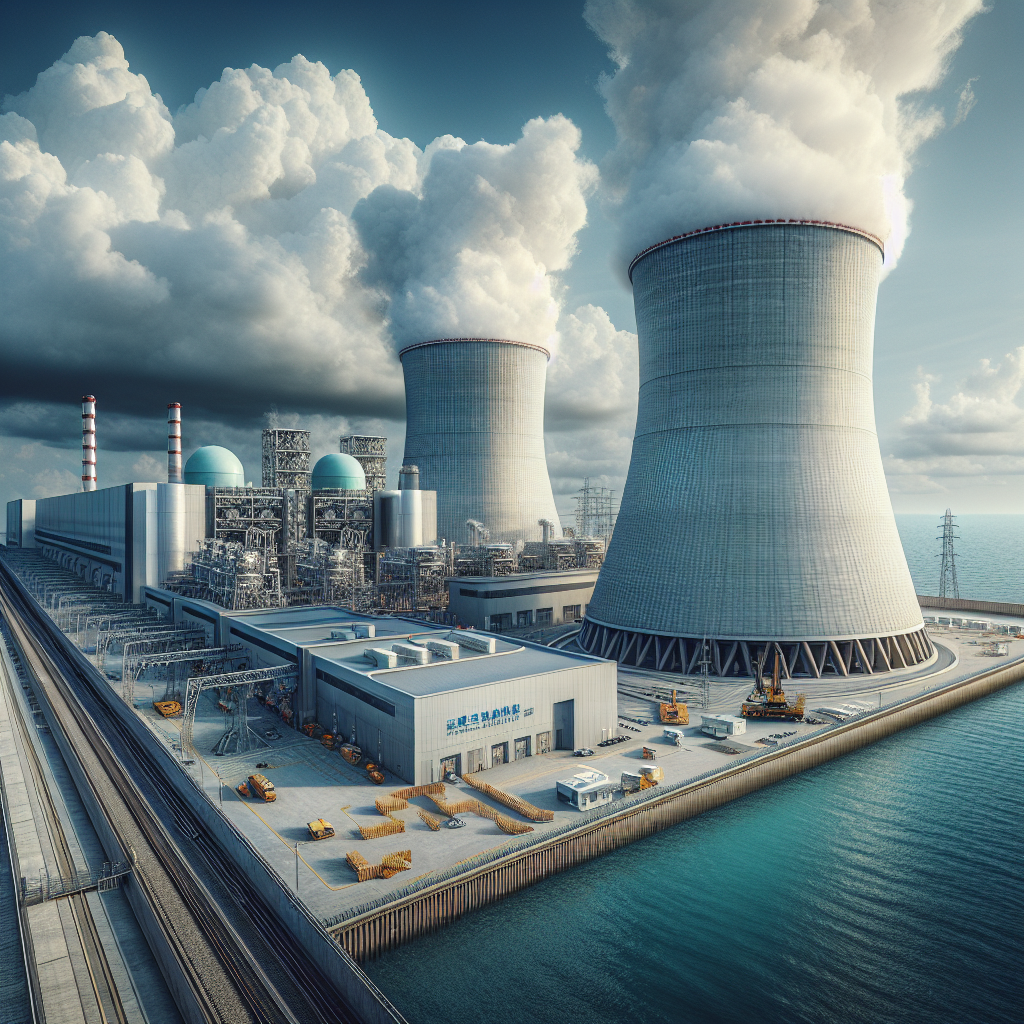IAEA and nucleareurope Host Key Meeting to Tackle Supply Chain Challenges for Advanced Nuclear Technologies
The IAEA’s Nuclear Harmonization and Standardization Initiative (NHSI), launched in 2022, was a central topic of discussion.

In Vienna, over 100 experts from 31 countries and multiple international organizations convened to explore strategies for strengthening the supply chain for advanced nuclear technologies, including small modular reactors (SMRs). The meeting, co-hosted by the International Atomic Energy Agency (IAEA) and nucleareurope, emphasized the critical role of efficient supply chain development in achieving climate goals and ensuring global energy security.
Challenges and Proposed Solutions
The discussions focused on overcoming regulatory hurdles, harmonizing international standards, improving manufacturing efficiency, and expanding the supplier base for nuclear power plant components. Participants emphasized that early engagement with suppliers and adopting practices from industries like aviation could streamline processes for the nuclear sector.
Aline des Cloizeaux, Director of the IAEA’s Division of Nuclear Power, highlighted the meeting’s significance:
"The IAEA is bringing together all vital contributors to strengthen the nuclear supply chain, ensuring countries can scale up their programs or establish new ones effectively."
NHSI: Advancing SMR Deployment
The IAEA’s Nuclear Harmonization and Standardization Initiative (NHSI), launched in 2022, was a central topic of discussion. NHSI’s dual-track approach seeks to harmonize regulatory frameworks and standardize industrial practices across jurisdictions to accelerate the deployment of SMRs and other advanced reactors.
Marc Tannenbaum from the Electric Power Research Institute praised the progress made:
"We are moving from identifying problems to implementing solutions. NHSI initiatives are crucial for expanding nuclear supply chain capacity and ensuring long-term operational reliability."
The Industry Track’s Topical Group 2 presented its latest working paper, underscoring the importance of consistent nuclear codes and standards for serial SMR production. The group has analyzed mechanical engineering standards across regions and plans to extend its scope to civil engineering codes.
Lessons from Other Industries and Global Collaboration
Sama Bilbao y Leon, Director General of the World Nuclear Association, emphasized the need for a harmonized global supply chain to achieve the ambitious goal of tripling nuclear capacity by 2050:
"Streamlined nuclear regulations and standardized designs are essential. Drawing from aviation’s serial manufacturing practices can significantly benefit nuclear deployment efforts."
Case studies presented during the meeting showcased best practices for managing nuclear supply chains, addressing technical inspection challenges, and fostering project sustainability.
Key Outcomes and Next Steps
Participants agreed on the importance of:
- Establishing strategic, long-term supplier partnerships.
- Adopting commercially available items through rigorous acceptance mechanisms.
- Leveraging international collaboration to standardize manufacturing and regulatory processes.
The NHSI is now advancing its program of work to implement recommendations from its working groups, focusing on technology-specific user requirements and enhancing alignment between industrial and regulatory stakeholders.
The meeting marked another step forward in the collaborative effort to overcome supply chain challenges and enable the rapid deployment of advanced nuclear technologies to meet global energy and climate targets.
- READ MORE ON:
- IAEA
- nucleareurope










